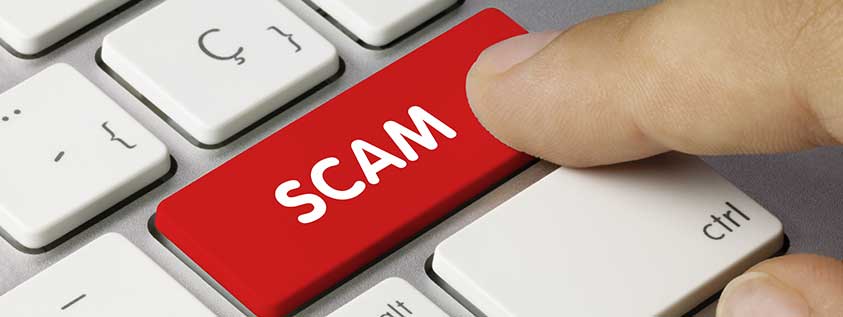How Brokers and Carriers Can Avoid Getting Scammed
Broker Fuel Advances Continue to Cause Problems.
I’ve written about broker fuel advances and QuickPays before, so before reading this post, read this one first: Fuel Advances: Broker vs. Factoring Company.
This particular fuel advance scam has gotten so bad, that I am seeing it at least twice a week, and it’s affecting brokers and carriers.
There is nothing very sophisticated or complicated about this scam, but there are simple ways to make sure you’re not caught up in it.
Here’s how the scam works: the scammer portrays the identity of a carrier and then secures a load from a broker. Then, the scammer plays the role of the broker to find a carrier to pick up the load. Once the load is picked up, a fuel advance for the load is requested from the original broker, leaving the carrier with a load he or she will never be paid for.
And just like that, unsuspecting brokers and carriers are taken for a ride, but in this case, it’s a costly one.
How to avoid getting scammed
First rule: take advantage of all the information that is out there.
All brokers’ and carriers’ phone numbers — along with a lot of other details — are all visible to the public through different databases, including the loadboards you’re probably getting your load from.
So my question is: If I’ve never done business with this particular individual before, how do I know the broker, agent, or carrier is who they say they are?
It sounds like common sense, but it’s also important to not make assumptions, even if you think you know the broker or carrier.
So, what can carriers and brokers do to avoid the scam?
Carriers: Don’t move your truck until you’ve verified the identity.
Brokers: Don’t provide pickup information until you’ve called back the other company on a verified, accurate outbound phone call to confirm details. Outbound calls to a verified number will always eliminate dealing with a scammer. Never rely exclusively on inbound calls.
Here’s my process to avoid getting scammed. Once I have the rate confirmation sheet, I place a call to a number that matches the broker’s MC number to confirm everything is in order and ask any remaining questions to complete the load.
Keep in mind, scammers are extremely creative. It is easy for scammers to spoof the area code to make their number look very similar to a legit one. I have even seen websites duplicated, using a .net instead of a .com.
Trust between a broker and a carrier is fundamental to good business, and a relationship that can lead to repeat business. We need to remember that these scams affect all of us.
We’re all trying to move as fast as we can to secure the next load or get back home. But taking a couple extra minutes to verify the identity of the person on the other side of the deal can save you thousands of dollars and a headache trying to recoup money you’re probably never going to get.

